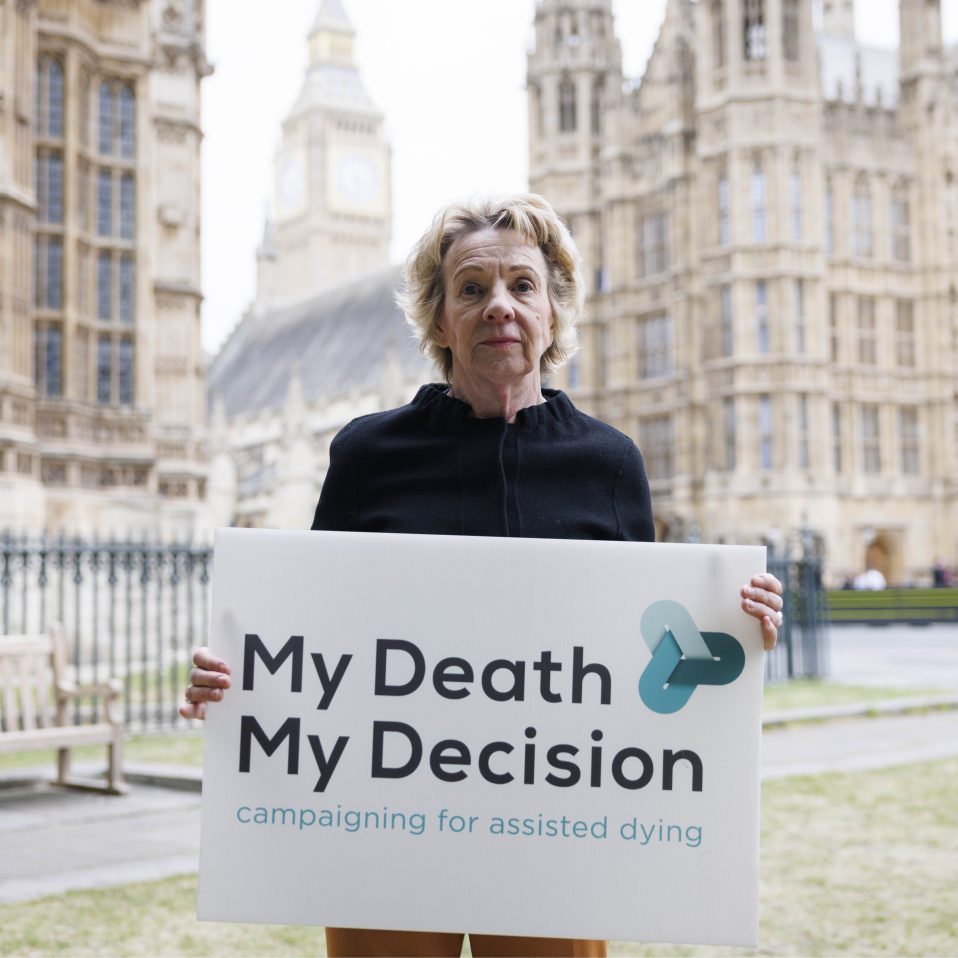The Scottish Sun reports the case of Colin Campbell.
Colin suffers from the Primary Progressive form of MS. He intends to go to Lifecircle in Basle to end his life on 15th June while he still can. He told MDMD “I qualify everything I say with ‘intend’ as my health could fail totally at any time.” He has lived with the gradually worsening condition since 1995, but his quality of life is now deteriorating below the limit he can tolerate, and he needs to take action now, while he is still physically able to.
Colin has bravely chosen to make his decision public in advance, to help demonstrate why a change in the law is necessary. Why should people like him have to go to Switzerland to find compassionate doctors who are legally able to help him have the good death he wishes? We need to provide this in the UK, for mentally competent adults who have made their own, settled choice in the face of incurable, unacceptably low quality of life.
Cameras will record Colin on his journey. Andi Reiss is the independent documentary film maker who is following Colin’s case as part of a larger project looking in detail at the issues around assisted dying.
Colin has told MDMD that his doctors have not discussed his life expectancy with him. The Multiple Sclerosis Trust clearly points out that MS is not a terminal illness. There appears to be no prognosis of six months or less. Given this, it is interesting that Ally Thomson, director for Dignity in Dying Scotland is quoted in the Scottish Sun article as saying “It is a tragic and unacceptable reality that seriously ill people like Colin Campbell feel they have no other choice but to spend their final days traveling hundreds of miles to Switzerland in order to have the dignified death they desire.” MDMD fully agree with her on this. Unfortunately she doesn’t go on to say what option she would like to see for people like Colin. The legislation Dignity in Dying have been proposing would not help him, as his life expectancy is not less than 6 months. Perhaps this case will help Dignity in Dying see the need to broaden their policy to show more compassion to people like Colin (and Omid), instead of denying them the help they need and thereby prolonging their suffering unacceptably. MDMD certainly hopes so.
MDMD commend Colin for his bravery in being so public at this difficult time. We respect his choice and wish him well in the course he is choosing.
Update October 2017: Colin deferred his decision to end his life in Switzerland. See the story here.







Recent Comments